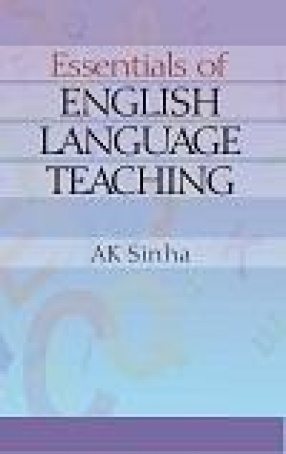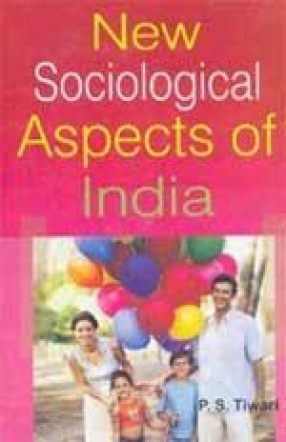This book offers a comprehensive account of various aspects of the teachings of English as a second/foreign language in India and abroad. It explains how the knowledge of English is a must in a globalized world. India needs English to communicate internally across linguistically organized states. English is essential for higher studies in science, technology and even humanities and social studies. It is imperative to recognize the centrality of English ‘in the curriculum’ and in the training of teachers- trainees.
The book gives a balanced account of various approaches – psychological, philosophical and linguistic – to make the trainees aware of teaching methods – structural and developmental (generative). It shows the subtle difference between the approaches of Noam Chomsky, Piaget and Vygotsky and prefers an eclectic approach. It explores how urgent is fundaments of four language skills—listening, speaking, reading and writing and points out how they can be fruitfully used not only while reading literature but also non-literary texts. It argues why personal and institutional needs of the trainees must be kept in view. While teaching these skills; teachers should use the most recent teaching aids—manual as well as mechanical (electronic). The teacher-trainees must be aware of the new principles of lesson planning and evaluation of the achievement of the trainers. The book includes their models to enable them to appreciate the practical steps they are supposed to have.
The book may be useful for students, teachers, teacher-educators and researchers in the subject.








There are no reviews yet.